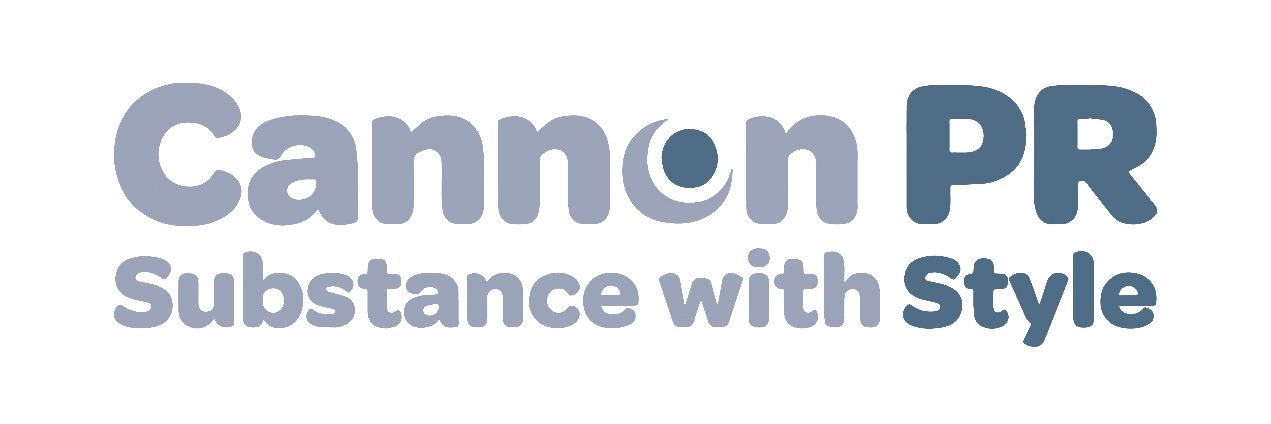Building a PR strategy: Where should you start?

A PR strategy can be a powerful tool in your communications arsenal. But where should you start? And how can you use PR effectively in your business?
PR strategies can come in many shapes and forms. They are typically used to build visibility and recognition for the products and services your business provides, connect and communicate with others, and even the difference between attracting the retaining staff.
Here are five areas to consider when developing a Public Relations strategy:
- Stake out your stakeholders
Customers, investors and suppliers often have very different relationships with your business. PR professionals often refer to these different groups as stakeholders. Understanding their needs and different expectations will help you deliver a clear, relevant and consistent communications message.
- Don’t forget about your staff
There’s a famous story that illustrates why you should never forget about your staff! In 1962, when visiting NASA, President Kennedy met a janitor. When the president asked him what he did, he replied, “I’m helping to put a man on the moon.” And he was completely right!
Internal communications, a specialist field of PR, is often overlooked when it comes to developing a PR strategy. The way you communicate with employees can help to boost and maintain morale, as well as helping your business to attract and retain the best candidates. Remember, your employees are your most powerful brand ambassadors!
- Maximise your media presence
When most people think about a PR strategy, they tend to think of media relations. PR professionals do regularly work with journalists to secure stories about their clients, but there’s much more to a public relations strategy than simply generating column inches. The press coverage generated must add value to your business.
For example, writing a press release will typically result in media coverage in many different publications: from specialist industry titles to regional and national news. However, when the story is issued, give consideration about how you can amplify that message further and how the story will be communicated through other channels, such as social media.
PR professionals also help your business to secure other forms of content, for example, securing comment/opinion pieces, connecting you with journalists who are writing about a subject relevant to your business, and spotting opportunities to appear as guests on podcasts, radio and TV. As articles are published, this will also provide additional benefits. For example, securing backlinks from credible news sites will help SEO rankings and improve the visibility of your business.
- Get social
It can be easy for businesses to find themselves being pulled in many directions when it comes to harnessing social media. Should your business have a presence on YouTube, Instagram, Google My Business, Facebook, Twitter and/or LinkedIn? Just how often should you publish a blog, a video, or produce a podcast? How do you attract followers so that your posts are seen?
Different social media platforms present very different opportunities. To build awareness of your business and its services, always make sure your social media presence is updated regularly and is relevant to your audience. Think less cat pictures, more creative content.
- Prepare for the unexpected
Reputations can take many years to build and can be shattered in an instant when a crisis occurs. The impact of Covid-19 has illustrated the importance of having contingency plans in place when the unexpected happens. An experienced PR consultant will guide you through the challenging situations your business faces, as well as helping your business to respond effectively.
If you’re reading this post and would like to know more about how working with a PR agency could help you to build and grow your business, why not drop us a line and find out Cannon PR can help you?
